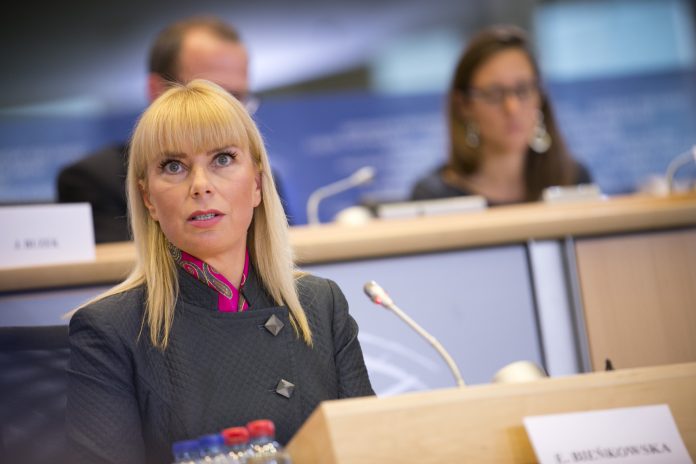The European Commission on December 19 tabled two legislative proposals to make it easier for companies, especially SMEs, to sell their products across Europe, and to strengthen controls by national authorities and customs officers to prevent unsafe products from being sold to European consumers.
Vice-President Jyrki Katainen, responsible for Jobs, Growth Investment and Competitiveness, said: “The Single Market of 500 million consumers is a great EU success story. Today we are removing obstacles, reinforcing trust and allowing our businesses and consumers to make the most of it.”
According to Internal Market Commissioner Elżbieta Bieńkowska, the Single Market is built on trust. “Consumers must be able to trust that the products they use are of the same standard wherever they come from; and public authorities must be able to trust that the products on their national markets are safe for their citizens.”
According to a European Commission press release, national authorities need to strengthen controls to ensure that products are safe and comply with EU rules. For instance, as many as 32% of toys, 58% of electronics, 47% of construction products and 40% of personal protective equipment do not meet safety regulations.
The Socialists and Democrats (S&D) Group in the European Parliament welcomed the Commission’s legislative proposals, stressing the importance of safety regulations.
“Safety of consumers and effective market surveillance rules on the products sold in the Internal Market have always been a key-priority for us,” said S&D Group spokesperson for the internal market and consumer protection Nicola Danti. “In the next months, the S&D Group will work hard to ensure the new legislation proposed will help to create a fairer and safer internal market for goods. After recent scandals, it is essential to rebuild consumers’ trust in the common market.”

